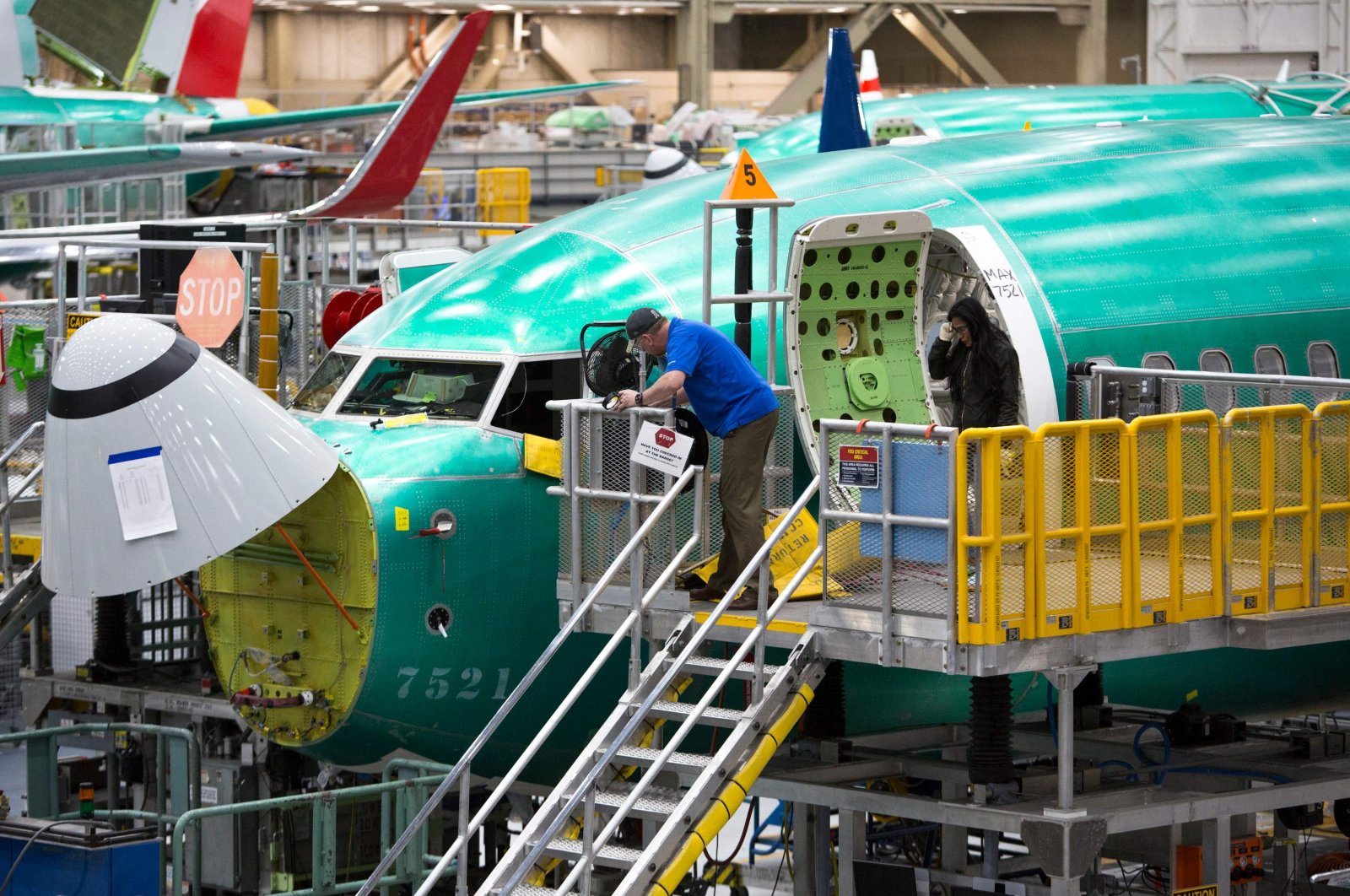Paris 2024: Seine River Pollution Halts Olympic Triathlon Practices
Concerns over water quality in the Seine River have led to the cancellation of multiple Olympic triathlon training sessions. Olympic organizers remain optimistic despite pollution fears.
Published July 29, 2024 - 00:07am

Image recovered from deccanherald.com
Paris: The much-anticipated triathlon training sessions being held for the Paris 2024 Olympics have met an unexpected twist due to rising pollution levels in the Seine River. Organizers declared that the recent heavy rainfall had elevated pollution levels, making it unsafe for athletes to engage in swimming practice.
The international federation, World Triathlon, highlighted that the water quality tests conducted did not meet the required standards to assure safety for the athletes. This prompt cancellation decision underscores the gravity of environmental concerns plaguing the famous river. It's a stark reminder that while Paris positions itself as a global leader, climatic vulnerabilities still represent a significant hurdle.
The Seine has had a historical infamous reputation, having been off-limits for swimming for more than a century primarily due to its poor water quality. Through a hefty investment of $1.5 billion by organizers and continuous efforts since 2015, the city had been vigorously working to prepare the Seine for the Games. These efforts included feats like building a giant underground water storage basin in central Paris, revamping sewer systems, and modernizing wastewater treatment plants.
In early July, promising results had declared the Seine safe for swimming, yet doubts resurfaced due to weather unpredictabilities. Paris Mayor Anne Hidalgo, in a symbolic gesture, took a famous dip in the river to illustrate that parts of this waterway had indeed been cleaned sufficiently to host swimming competitions. However, following heavy rains associated with the opening ceremony, apprehensions reignited over whether the waters would indeed be fit for the Olympic triathlons and marathon swimming events.
The weight of these endeavors hasn't gone unnoticed by the athletes or officials. As of now, the priority remains the health and safety of the participating triathletes. Both World Triathlon and the Paris 2024 Olympic organizers have reiterated their joint commitment to monitoring and improving the water quality. Continuous water testing is key to ensuring the river remains within acceptable health and safety parameters.
Despite the setback, confidence permeates into the planning and execution teams. Paris Deputy Mayor Antoine Guillou echoed sentiments of optimism, underlining the strategies put in place to ensure improved water conditions when competition days arrive. Speaking at a press conference, Guillou stated they have been studying recent data trends from the Seine, which reinforce their confidence.
The Paris 2024 spokesperson Anne Descamps further emphasized that ongoing efforts to maintain top-tier water quality have shown notable success, garnering them continued optimism regarding the outlook for the upcoming triathlon events. Nonetheless, in case of contingencies, backup plans include postponements or relocating to alternate venues like Vaires-sur-Marne.
Such meticulous preparation underlines the paramount importance of smoothly executing international events. With global spectators and participants eagerly lined up for the Games, any logistical dissatisfaction could reflect poorly on national ambitions and global perceptions of Paris's planning acumen and environmental stewardship.
The athletic community has expressed mixed feelings over these developments. Triathletes like Spanish competitor Alberto Gonzalez have voiced hope that the necessary conditions will materialize for them to compete fully, emphasizing the arduous preparation invested into their training. The hope is widespread among participating athletes that the Olympic Games will see them perform each segment of the triathlon, including swimming which has been at the center of controversy.
Nevertheless, environmental groups and concerned citizens persist in questioning whether aggressive measures taken are sufficient and sustainable. Given the dynamic nature of climatic impacts, long-term solutions encompassing broader environmental policies are a pressing need recognized by stakeholders.
Looking forward, the significance of these interruptions cannot be understated. They underscore the growing necessity to balance large-scale international sporting events with rigorous environmental stewardship: an essential lesson for future organizers, not just in Paris but worldwide. As the Games approach closer, the intertwining of climatology and sports leadership embarks on a carefully monitored path amid many eyes rooting for a successful execution of this prestigious global event.
Aside from the efforts directly linked to the Olympics, there are wider hopes that these initiatives will have long-lasting effects on Parisian environmental standards and urban hygiene. A cleaner Seine post-Olympics could represent a significant victory for the city's residents and a legacy that rejuvenates urban water bodies for recreational and ecological benefits.
In conclusion, while this unexpected scenario tests the resilience and adaptability of the Paris 2024 organizers, it serves as a poignant reminder of our shared responsibility towards sustainable and environmentally conscious planning in our global endeavors.







